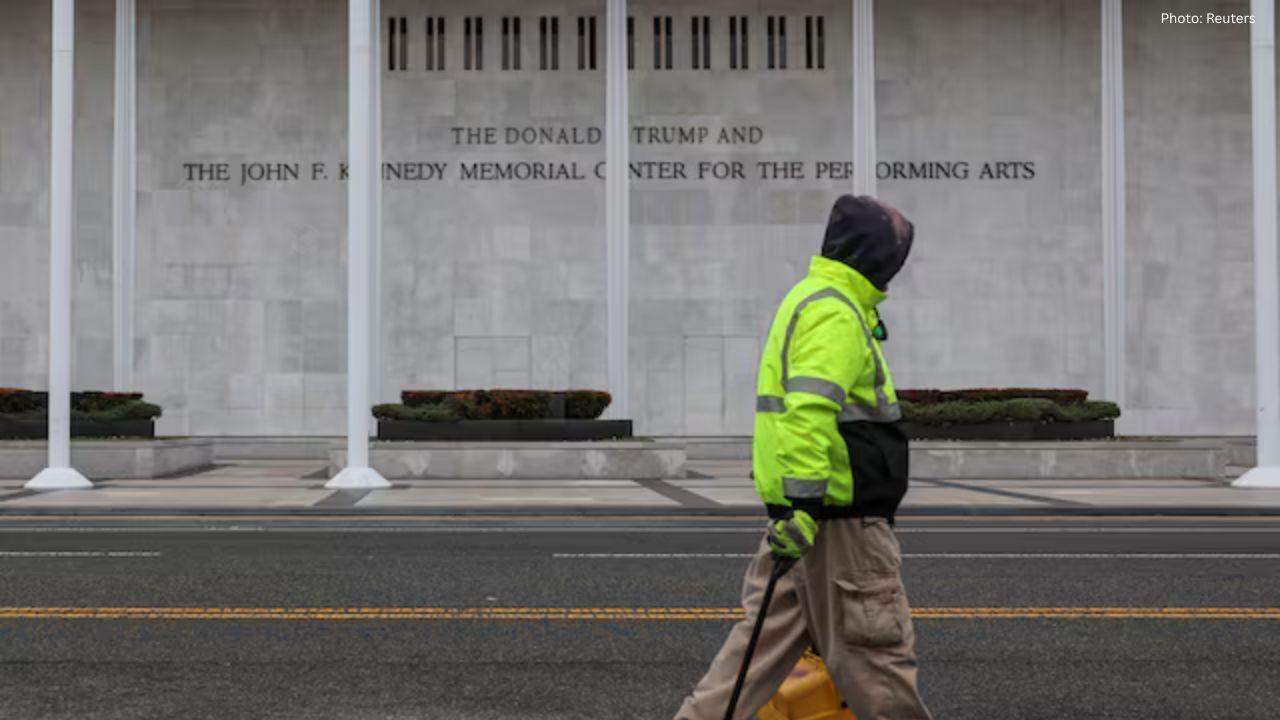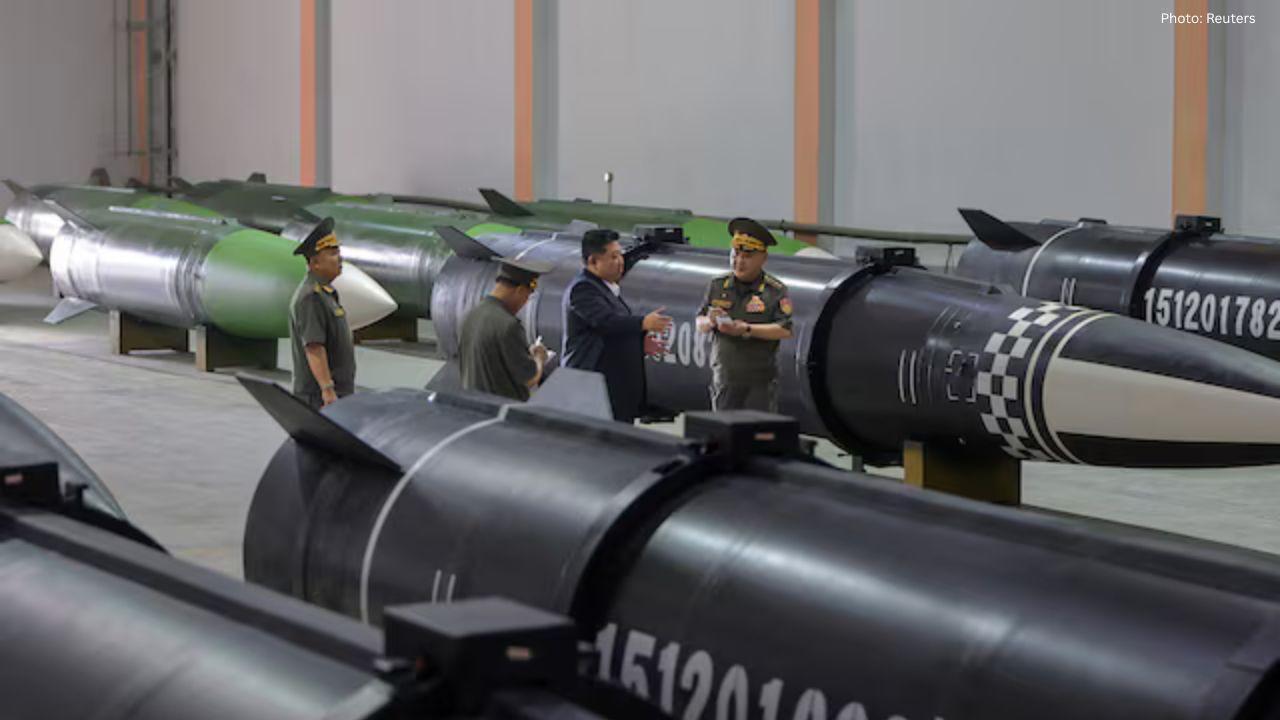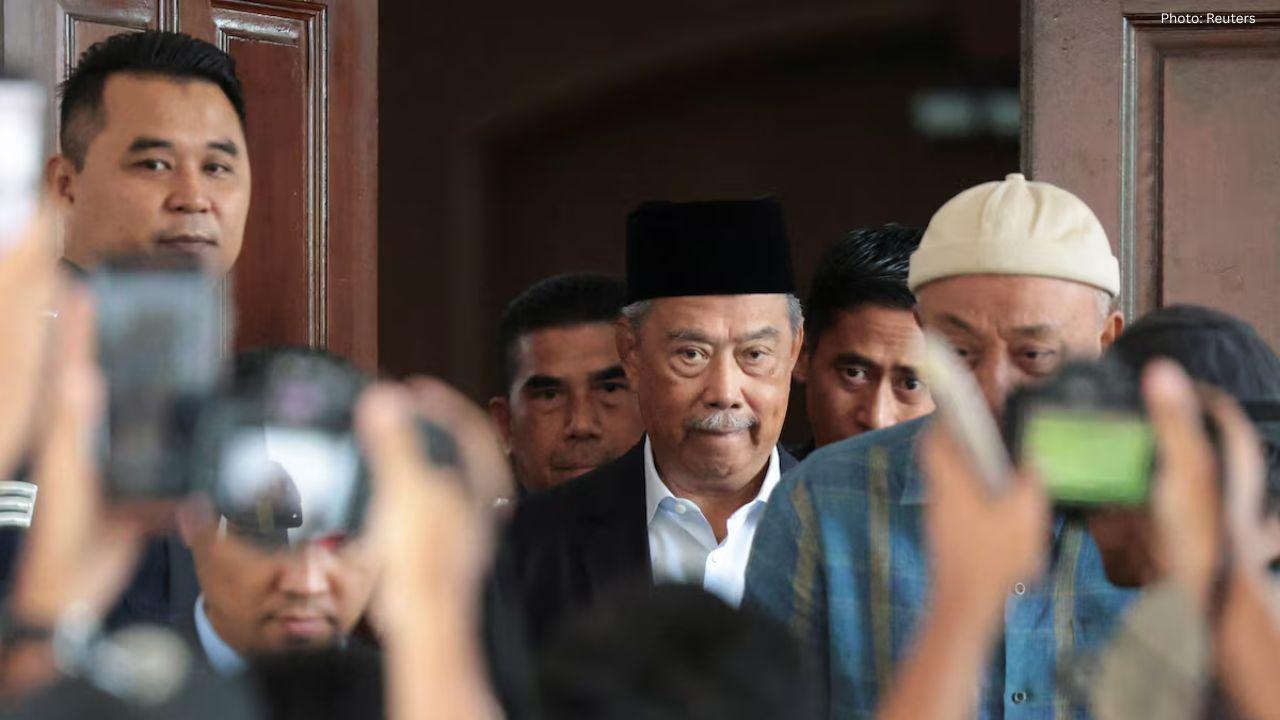You have not yet added any article to your bookmarks!

Join 10k+ people to get notified about new posts, news and tips.
Do not worry we don't spam!

Post by : Laxmi Verma
In recent decades, Asia has experienced a significant transformation—not just in technology and economy, but also in sports. What was once a region where traditional games dominated local communities is now evolving into a vibrant hub of global sporting talent, modern infrastructure, and elite competition. The rise of competitive sports culture in Asia is no longer just a trend—it’s a full-blown movement changing how the world views Asian athletes and sporting nations.
From cricket fields in India to Olympic stadiums in Japan and esports arenas in South Korea, Asia is embracing a new sports identity—fierce, professional, and determined to shine on the world stage.
For generations, many Asian countries focused on culturally rooted games such as kabaddi, sepak takraw, or traditional martial arts like kung fu and taekwondo. These sports still hold value today, but the younger generation is now more drawn to global games like football, basketball, badminton, and even esports.
This shift has not happened overnight. It’s been supported by increased government funding, public interest, media exposure, and infrastructure development. Countries like China, Japan, India, and South Korea are investing billions in nurturing talent, building stadiums, and hosting major international events. This signals not just participation, but a clear ambition to dominate on the world stage.
One of the key drivers behind the rise of competitive sports culture in Asia is the successful hosting of international events. The 2008 Beijing Olympics, 2020 Tokyo Olympics (held in 2021), and multiple editions of the Asian Games have helped reshape the sporting narrative in the region.
These events brought global attention, improved local facilities, and inspired a generation of athletes. Japan, for example, used the Tokyo Olympics to showcase its excellence in sports science and athlete development. Similarly, China’s dominance in table tennis, badminton, and gymnastics reflects its long-term focus on excellence and discipline in sports training.
Another factor fueling this growth is the emphasis on grassroots development. Across Asia, there’s a noticeable rise in youth academies, school-level tournaments, and training programs designed to discover and nurture talent from a young age.
India has launched initiatives like Khelo India to support sports education and build a sporting culture in schools and colleges. China has integrated physical education with competitive training in its curriculum. South Korea has long had a robust high-school and university sports system that feeds into professional leagues.
This systematic investment is beginning to bear fruit, with more young athletes making it to national teams and international competitions, ready to take on the world.
Media coverage and corporate sponsorships have also played a pivotal role in boosting sports culture in Asia. With the explosion of digital platforms, fans can now follow local and international matches, stream games online, and stay connected with athletes through social media.
As sports become more commercialized, brands are increasingly willing to invest in sponsorship deals, merchandising, and athlete endorsements. This has created a sustainable economic ecosystem around sports in countries like India (with IPL cricket), South Korea (with professional esports), and China (with its growing basketball and football leagues).
Such visibility and financial backing not only attract talent but also make sports a viable career option—something that wasn’t common in many Asian households even a decade ago.
Another noticeable transformation is the growing presence of women in competitive sports across Asia. Athletes like PV Sindhu (badminton), Naomi Osaka (tennis), and Feng Shanshan (golf) have become global icons. National federations are now creating more inclusive environments, encouraging young girls to participate and compete at elite levels.
This inclusivity has become essential in shaping a modern sports identity for Asia—one that is diverse, dynamic, and inspirational.
Looking ahead, Asia’s influence in global sports is set to grow. With Paris 2024 and other major events on the horizon, Asian athletes are being closely watched as top contenders. Esports, too, is expected to surge, especially in countries like South Korea, China, and the Philippines, where it’s already being recognized as a professional and even Olympic-worthy discipline.
In addition, the rise of data analytics, AI, and sports technology is helping Asian teams train smarter and recover faster. Combined with growing public interest and national pride, the region is poised to become a sports powerhouse.
This article is for informational purposes only. The views expressed are based on general trends and observations across the Asian sports industry and may not represent specific countries or organizations. Readers are encouraged to consult official sources or experts for detailed and updated information.










Trump Claims He Ended India-Pakistan War, Faces Strong Denial
Donald Trump says he brokered the ceasefire between India and Pakistan and resolved eight wars, but

Two Telangana Women Die in California Road Accident, Families Seek Help
Two Telangana women pursuing Master's in the US died in a tragic California crash. Families urge gov

Ranveer Singh’s Dhurandhar Roars Past ₹1100 Cr Worldwide
Ranveer Singh’s Dhurandhar stays unstoppable in week four, crossing ₹1100 crore globally and overtak

Asian Stocks Surge as Dollar Dips, Silver Hits $80 Amid Rate Cut Hopes
Asian markets rally to six-week highs while silver breaks $80, driven by Federal Reserve rate cut ex

Balendra Shah Joins Rastriya Swatantra Party Ahead of Nepal Polls
Kathmandu Mayor Balendra Shah allies with Rastriya Swatantra Party, led by Rabi Lamichhane, to chall

Australia launches review of law enforcement after Bondi shooting
Australia begins an independent review of law enforcement actions and laws after the Bondi mass shoo